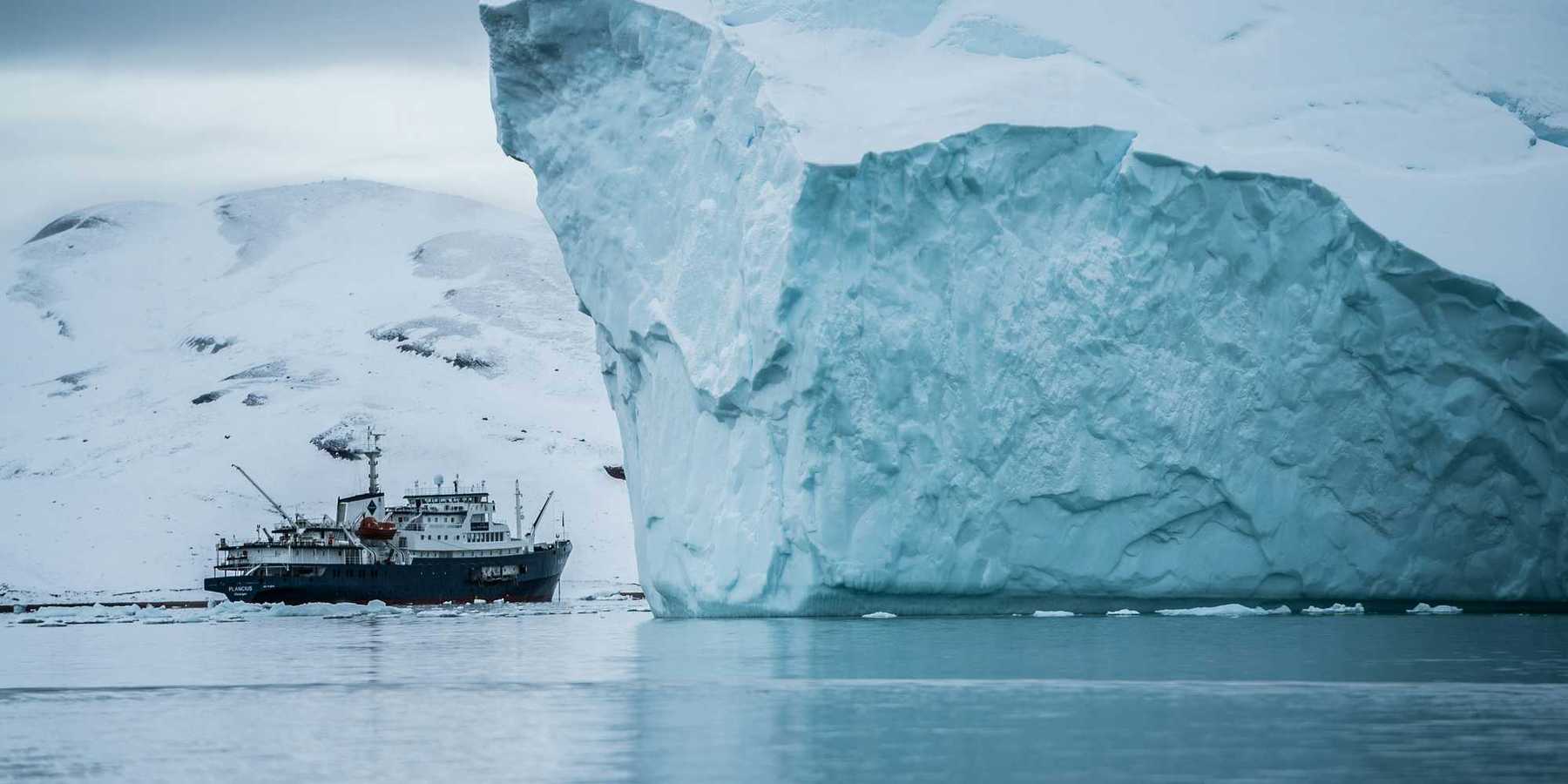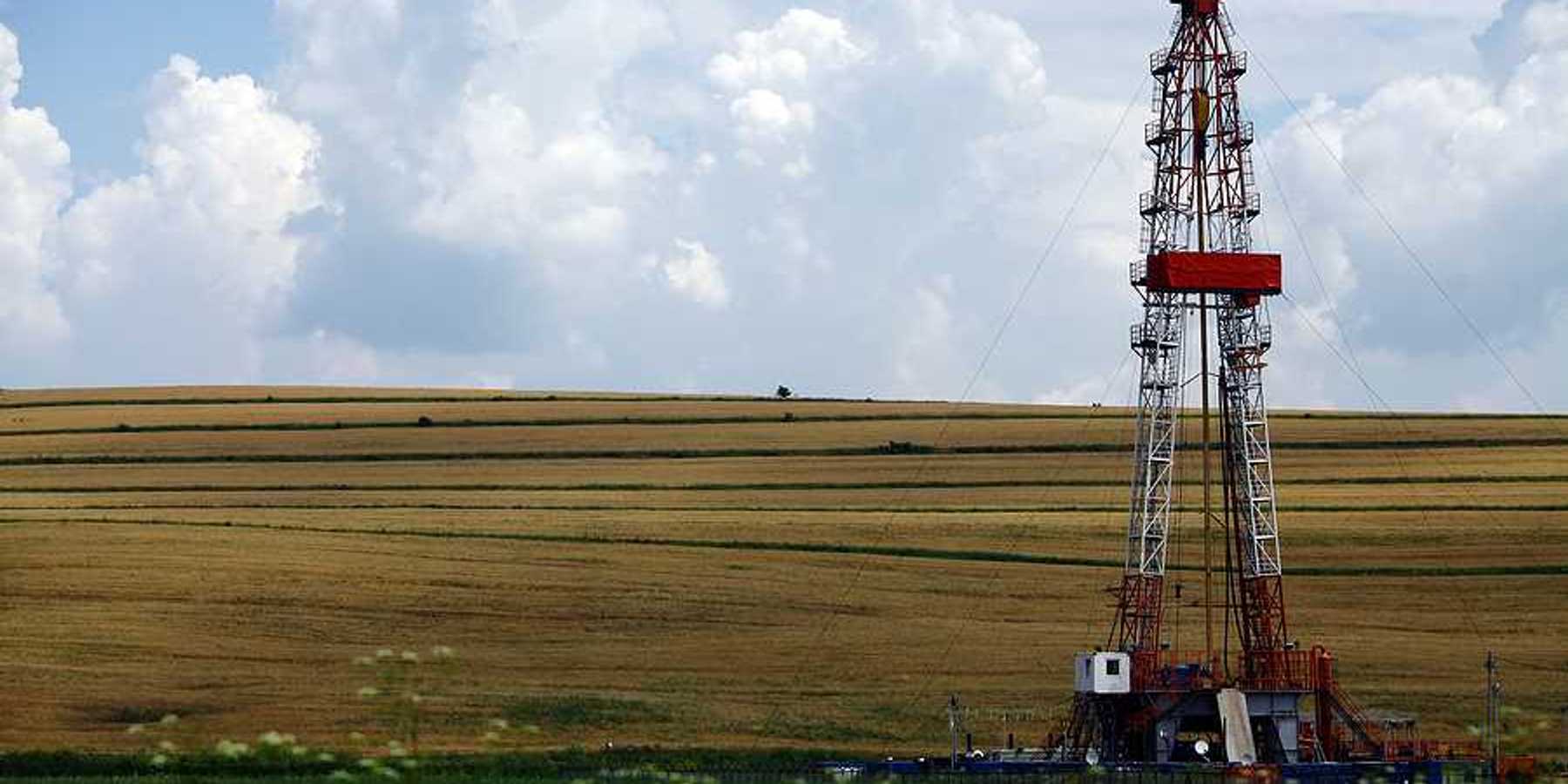El Niño-triggered drought leads to severe hunger in southern Africa
A devastating drought driven by the El Niño weather pattern has led to widespread crop failure in Zambia, Malawi, and Zimbabwe, resulting in severe food shortages and national emergency declarations.
Jenipher Changwanda and Freddie Clayton report for Yale Environment 360.
In short:
- Southern Africa experienced its worst mid-season dry spell in over a century, drastically reducing maize harvests.
- Food prices in some drought-affected areas have increased by up to 82%, and more than 18 million people now need urgent humanitarian assistance.
- Efforts to adapt with climate-smart farming techniques have had limited success against extreme weather conditions.
Key quote:
“I cannot remember anything like this. People are so hungry they are stealing food ... If we survive until the next harvest, it will be by the grace of God.”
— Esnart Chongani, Zambian farmer
Why this matters:
Climate change is likely making extreme weather events like El Niño more severe, increasing the frequency and intensity of droughts. The current El Niño, a periodic climate phenomenon characterized by the warming of sea surface temperatures in the Pacific Ocean, has significantly disrupted weather patterns globally. In Southern Africa, this has manifested in prolonged dry spells and intense heat, crippling agricultural production in regions heavily reliant on rainfall for farming. As global temperatures continue to rise, the frequency and severity of such extreme weather events are likely to increase.
Opinion: The case for a child-centered energy and climate policy













